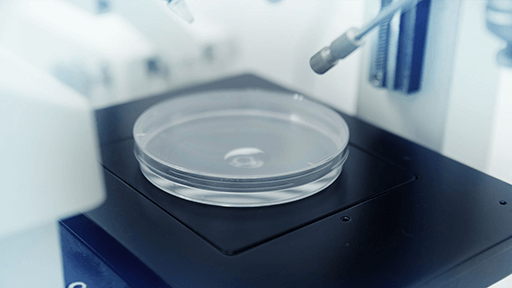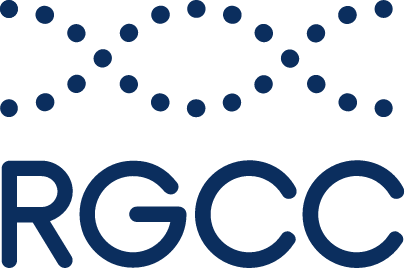RGCC scientists develop novel new approach to inhibiting SARS-COV-2 replication

RGCC researchers have developed a new approach to tackling COVID-19 (SARS-CoV-2) that could form the basis of a new treatment option. Laboratory tests have established that the new treatments were effective at inhibiting the spread of the disease. The next stage will see them progress to develop a drug delivery system, a further step before creating a viable vaccine.
When the body becomes infected with SARS-COV-2, the virus begins to replicate rapidly. Treatment protocols focus on “inhibiting” this replication, breaking the chain and stopping it in its tracks.
Several current compounds use modified nucleoside analogues, a specific form of nucleotide that can stop virus cells from replicating – including coronaviruses. Nucleoside analogues are exciting for researchers because they directly target the viral RNA, bypassing healthy cells.
The team, led by RGCC’s Dr Ioannis Papasotiriou, created five new nucleoside analogues that directly target SARS-COV-2’s viral RNA. The modified nucleoside analogues were tested on samples of SARS-CoV-2 in a laboratory to understand how effective they were at inhibiting replication, and therefore stopping COVID-19 infection from spreading within the body.
In a recent paper published in Molecules, scientists describe the findings. “The usage of our analogues on the assays, provided promising results,” say the authors. While cautioning that the response wasn’t as strong as the inhibition caused by some commercially available analogues, nevertheless, the results are encouraging enough for the team to take the research to the next level. “The results we presented in this work have encouraged us to make a drug delivery system to achieve our goal,” the authors say.
While the battle against COVID-19 appears to be turning, it’s a different story globally, with billions of the world’s population still unlikely to receive a vaccine in the near future.
While the COVID-19 vaccines are being used in many countries worldwide, none has received FDA or EMA approval. Instead, they’ve received an exemption from certification due to the unprecedented global crisis caused by coronavirus. As a result, the search continues for low-cost COVID-19 vaccines. The new treatment could find a ready market in India, Dr Papasotiriou said earlier this year.
The research further strengthens RGCC’s research credentials. The study could have broader implications, too, say the authors. “Nucleoside analogues could be used as anticancer agents, as antibacterial agents, and as antiviral agents,” they say.
While RGCC has established a global reputation for cutting edge research into the diagnosis and treatment of cancer and other genetic diseases, the company has used its expertise and facilities to develop novel new approaches to tackling COVID-19.
In addition to the published paper, RGCC scientists have been working on a rapid diagnostic test for the virus. “We are going to give the technology, without claiming any intellectual property, to the authorities in India to produce them for their population of 1.35 billion people.”
You can read the full paper, Targeting SARS-CoV-2 Polymerase with New Nucleoside Analogues, here.

